Unpacking Conflict and Comedy: The Complexity of Sheldon Cooper in "The Big Bang Theory"
Sep-30-2024
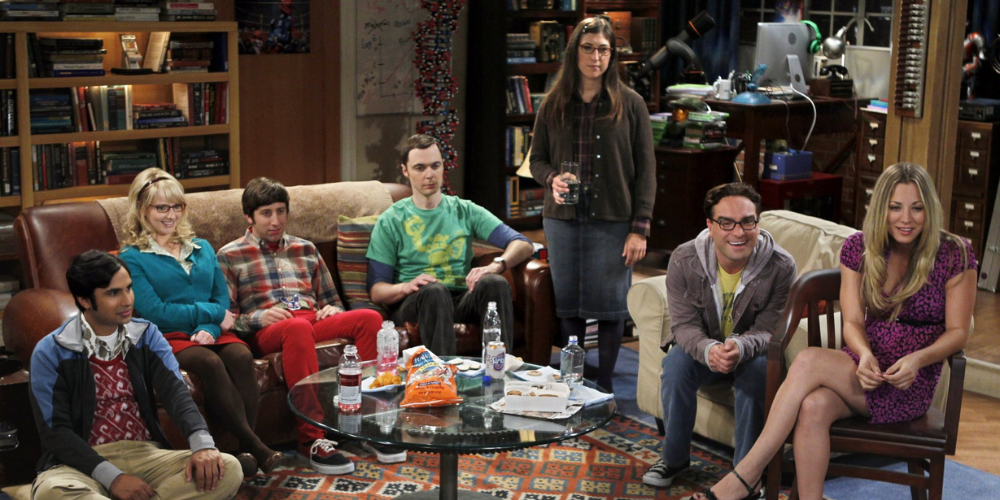
Within the realm of modern sitcoms, few characters have etched themselves into the popular consciousness quite like Sheldon Cooper from "The Big Bang Theory." His eccentricities and distinctive personality traits have sparked numerous discussions among fans and critics alike. One episode, in particular, has come under intense scrutiny and is frequently designated as the foremost disliked of the series. However, what some deem as a low point might actually reveal an underlying brilliance in character development. This exploration unpacks the intricacies of this controversial episode and its implications on Sheldon’s character arc.
The Context of Controversy

"The Itchy Brain Simulation," the eighth episode of season seven, serves as a prime example of how creative decisions in sitcoms can evoke strong reactions. The narrative centers around Sheldon’s peculiar approach to resolving what he perceives as a betrayal by his friend Leonard. This premise lays the foundation for a conflict of beliefs—where humor meets a darker side of friendship.
Character Dynamics Unraveled
Central to this episode is the interplay between two contrasting personalities: Sheldon and Leonard. While Leonard often acts as the more emotionally attuned character among their group of friends, Sheldon’s rigid demeanor introduces a layer of tension that fuels the narrative. This dynamic is essential for understanding the motivations behind Sheldon's actions.
A Unique Challenge
Sheldon challenges Leonard to wear an unbearably itchy sweater as a result of not giving it back a DVD. This leads to a week-long ordeal for Leonard, who reluctantly complies with Sheldon’s demands. It's a demonstration of Sheldon's belief that personal experience fosters understanding—albeit through an extreme method.
Understanding Sheldon's Hypersensitivity
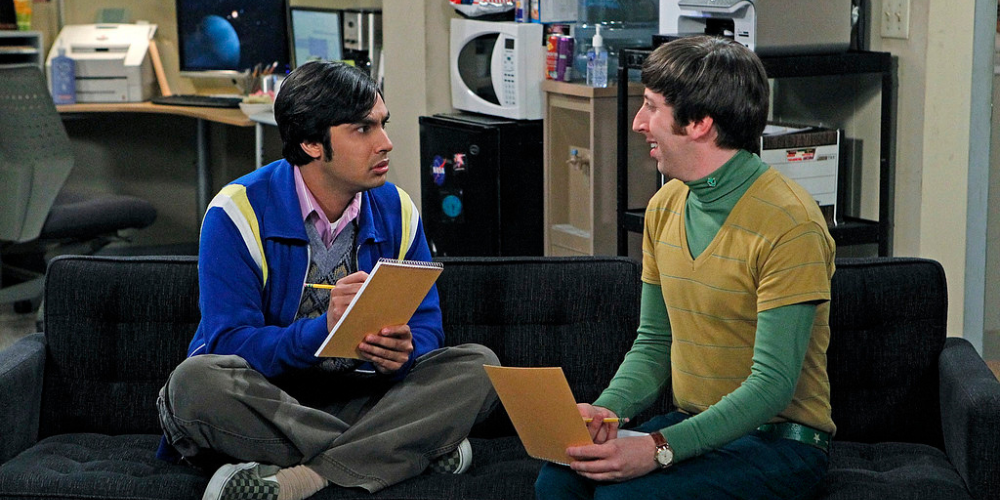
The episode adeptly illustrates Sheldon’s sensory sensitivities, showcasing how his experiences of discomfort shape his worldview. For Sheldon, the itchy sweater is not merely a prank; it symbolizes a broader need for order and clarity in his chaotic environment. This brings to light his internal struggles that are often masked by his brusk demeanor.
The Complexity of Empathy
While Sheldon’s approach might seem cruel, it can be interpreted as an unconventional attempt to elicit empathy. He grapples with a frustrating inability to communicate his feelings directly; thus, he resorts to experiential learning as a strategy to bridge the gap in understanding.
Jim Parsons’ Perspective
Underneath this unlikable behavior lies the portrayal of a profoundly nuanced character, as conveyed by Jim Parsons, the actor behind Sheldon. Parsons has indicated that Sheldon’s often inappropriate behavior stems from social naivety and a deep-seated belief in the value of honesty, regardless of its repercussions for others.
The Social Costs of Honesty
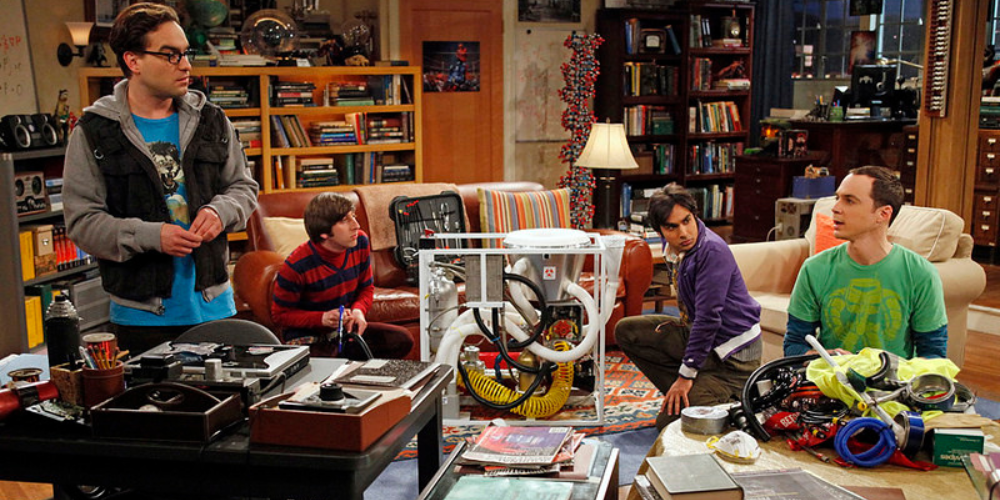
Sheldon’s brutal honesty leads to a divide in viewer opinions. Some praise his candidness as refreshing, while others find it deeply offensive. This conflicting reception raises questions about the ethics of truthfulness in interpersonal relationships, especially when the truth comes at the expense of others' ease.
Perception versus Reality
There is an ongoing debate regarding Sheldon's moral compass. He is often perceived as lacking empathy or being self-absorbed. However, those familiar with his character may argue that beneath this outer shell, he is simply attempting to navigate a complicated emotional landscape that most do not see.
The Role of Conflict
Conflict, a staple of successful sitcom narratives, plays a vital role in shaping character development. In "The Itchy Brain Simulation," the conflict arises from Sheldon’s misguided attempts at teaching Leonard a lesson. The tension escalates, ultimately revealing deeper layers of both characters involved.
Viewer Reactions
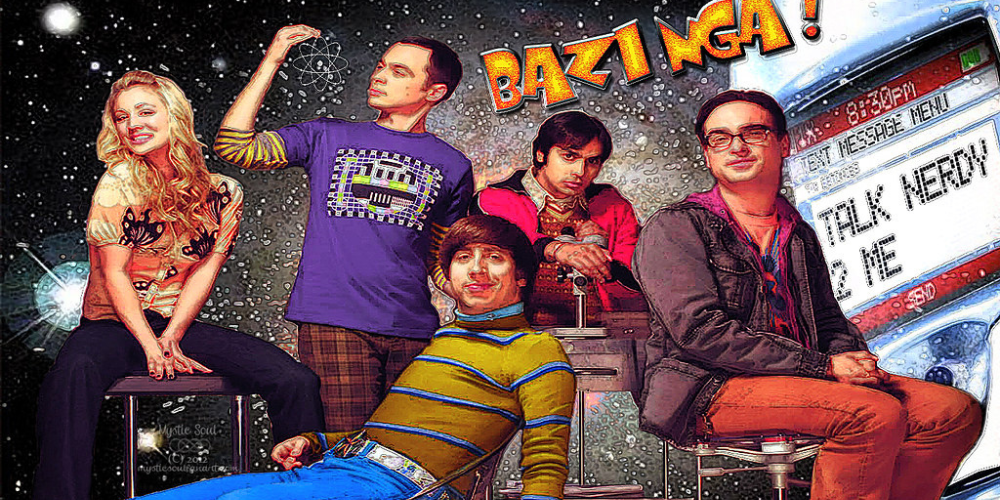
The response to the episode has been largely polarizing. Some viewers express distaste for Sheldon’s actions, calling them mean-spirited, while others find humor in the absurdity of the scenario. This division suggests that "The Itchy Brain Simulation" pushes limits, inspiring viewers to think about their own perceptions of humor and morality.
Lessons in Character Flaws
This episode lays bare the imperfections of its characters, emphasizing that no one is purely good or bad. Sheldon's flaws catalyze important discussions about friendship, boundaries, and the repercussions of one’s actions on those around them.
Increasing Character Depth
Through episodes like this, audiences gain a clearer comprehension of Sheldon's fundamental essence. The extremes of his actions, while difficult to digest in the moment, contribute to a richer narrative tapestry that explores themes of friendship, empathy, and self-awareness.
Behind the Humor
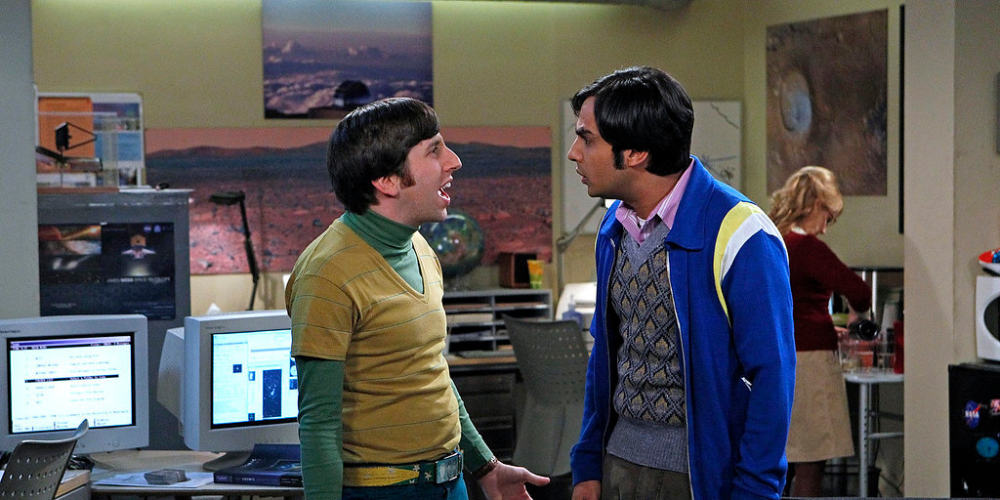
Comedy often treads a narrow path between laughter and discomfort. Exploring uncomfortable scenarios—demonstrated aptly in this episode—can generate much-needed conversations about sensitive subjects. It’s a reminder that television can act not only as a source of enjoyment but also as a platform for dialogue.
The Enduring Appeal of Sheldon Cooper
Despite criticisms, Sheldon remains a beloved character within the fandom. His quirks, along with his history of growth and evolution, ensure that he resonates with a wide array of viewers. The discussion surrounding "The Itchy Brain Simulation" further cements his status as a complex and enduring character in contemporary sitcom history.
The Legacy of “The Big Bang Theory”
Ultimately, "The Big Bang Theory" offers a unique exploration of diverse friendships through the lens of science and culture. Episodes that spur debate, like "The Itchy Brain Simulation," highlight just how layered the depiction of human relationships can be. As the series continues to be accessible, its characters will certainly linger in the memories and sentiments of fans for years to come.
In conclusion, rather than viewing this episode singularly through a harsh lens of critique, it invites audiences to investigate the underlying reasons that shape Sheldon Cooper’s actions. One can appreciate the artistic choices that underline the intricate tapestry of friendships and personal growth that flourish amidst comedic chaos.







